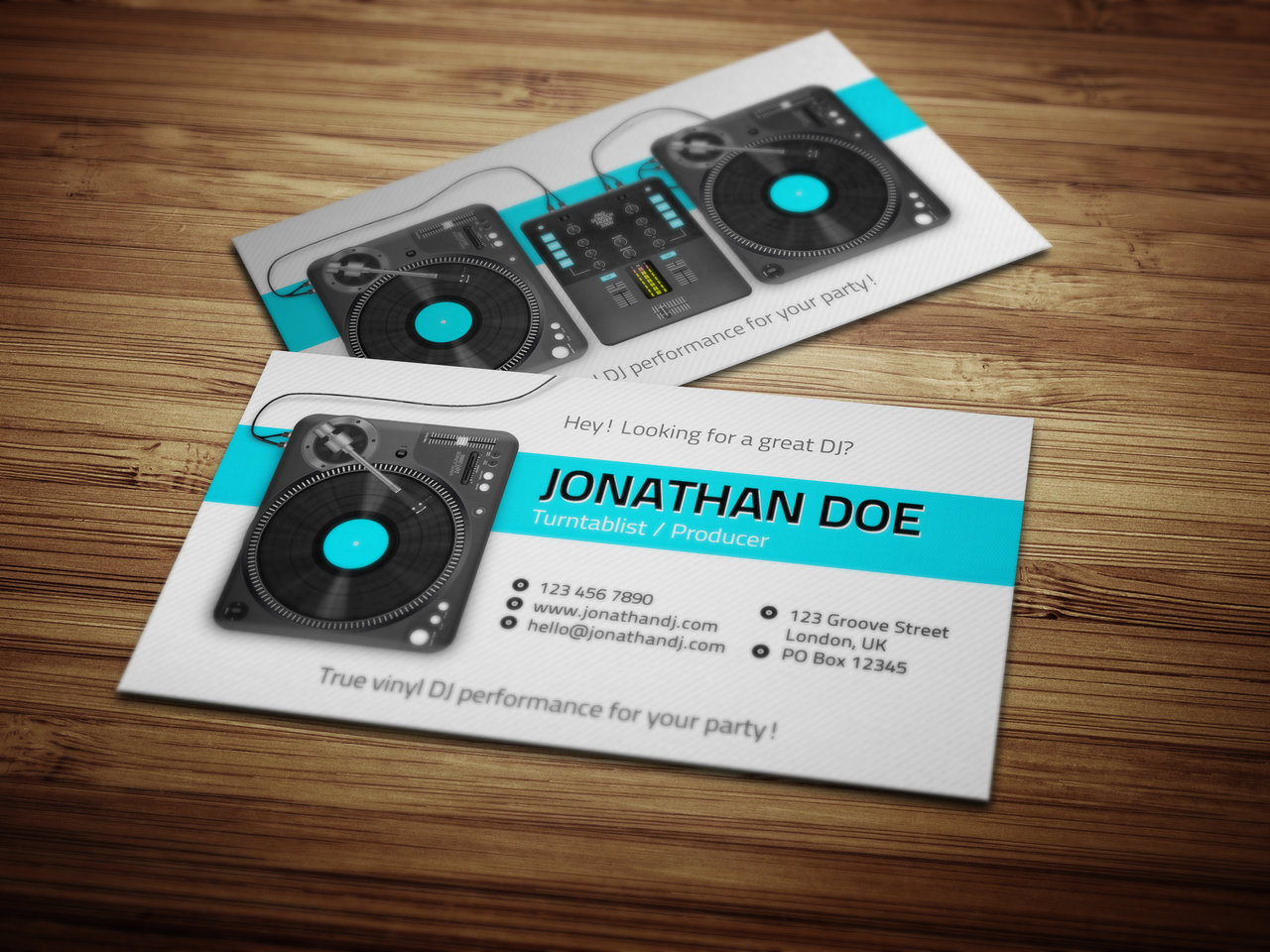
Reader DJ Bobby Bob writes: “I am very interested in the hobby of digital DJing. Have studied a variety of different websites (this being one of my regular favourites) it’s become clear this field of work is more expansive than I thought. Now that I am past the basics of performance, I am starting to realise I might like to try and make a professional career for myself in DJing. But as I’ve got better at the skills, I’ve become more confused about the industry! What are the laws that a DJ needs to know about in order to step into the business side of the entertainment industry?
Digital DJ Tips says:
It’s like any small business – you need to keep track of income and expenditure and declare your earnings at the end of the year to the relevant authorities. How you set up your business – “sole trader”, partnership, limited liability company etc – is up to you, and will depend upon the earnings potential you feel it has for you, whether you’re doing it alone or with someone else, whether you will be doing it full/part time, and of course the options open to you depending upon where you live. There may be licensing requirements (public performance of music) depending which country you’re in, although if you play in licensed venues this is usually taken care of for you (thus it becomes an issue when you’re a paid mobile DJ playing in places that don’t have music normally).
When you’re very small, the law is usually a bit laxer than when you start to make a bit more money, but it’s worth working all of this out at the beginning rather than waiting – it needn’t take too much effort.
Use an accountant
Ask an accountant or even a bookkeeper for initial advice on this – you ought to get this advice for free, especially if you show an interest in hiring the person concerned once you’re all up and running. Unless you really are a tiny concern, it is well worth paying for an accountant anyway – a good one can save you money and act as a buffer between you and the tax authorities, who can be relentless if they pursue you for whatever reason.
Treat it like a business
Once you’re responsible for an income, declaring money, making ends meet etc, it becomes like any business – and you may feel you’re getting away from the “music” side of it that drew you to it in the first place. If you love EDM but are only make money from weddings, then business tells you to chase wedding bookings – but your “music” head may say you don’t want to do that, for instance. If you love DJing and will happily play for hours for free at a cool party, but need to make another $500 this month to make ends meet, you may end up playing a load of badly attended bar gigs to cover your costs instead – and missing out on your party!
That’s why many DJs like to keep it as a hobby, or go “semi-pro” – where they make extra pocket money but keep a day job. Just remember, though, the taxman doesn’t care if it’s a hobby or not – if you’re getting paid, he wants to know.
What procedures did you follow when you set up in business as a DJ? Have you run foul of the authorities because you failed to keep books or have the right licences? Please let us know your experiences and advice in the comments!





![Your 5 Proven Steps To DJing Like a Pro, Part 5: Success [Summer School Podcast] Your 5 Proven Steps To DJing Like a Pro, Part 5: Success [Summer School Podcast]](https://cdn.digitaldjtips.com/app/uploads/2024/07/18215143/summerpodcastfeat-150x150.jpg)
![The DJ Software Problem, DJing Success 2.0, DJing With 45s [Podcast] The DJ Software Problem, DJing Success 2.0, DJing With 45s [Podcast]](https://cdn.digitaldjtips.com/app/uploads/2024/03/21225022/podcastwebsiteidea2-150x150.jpg)